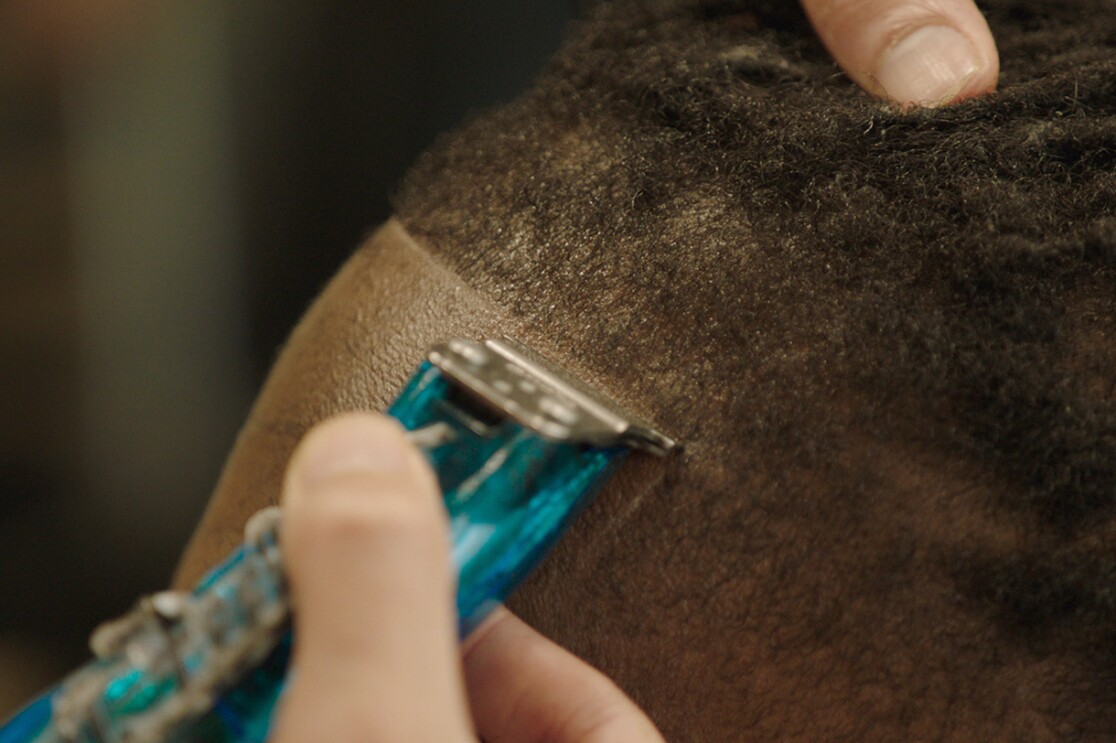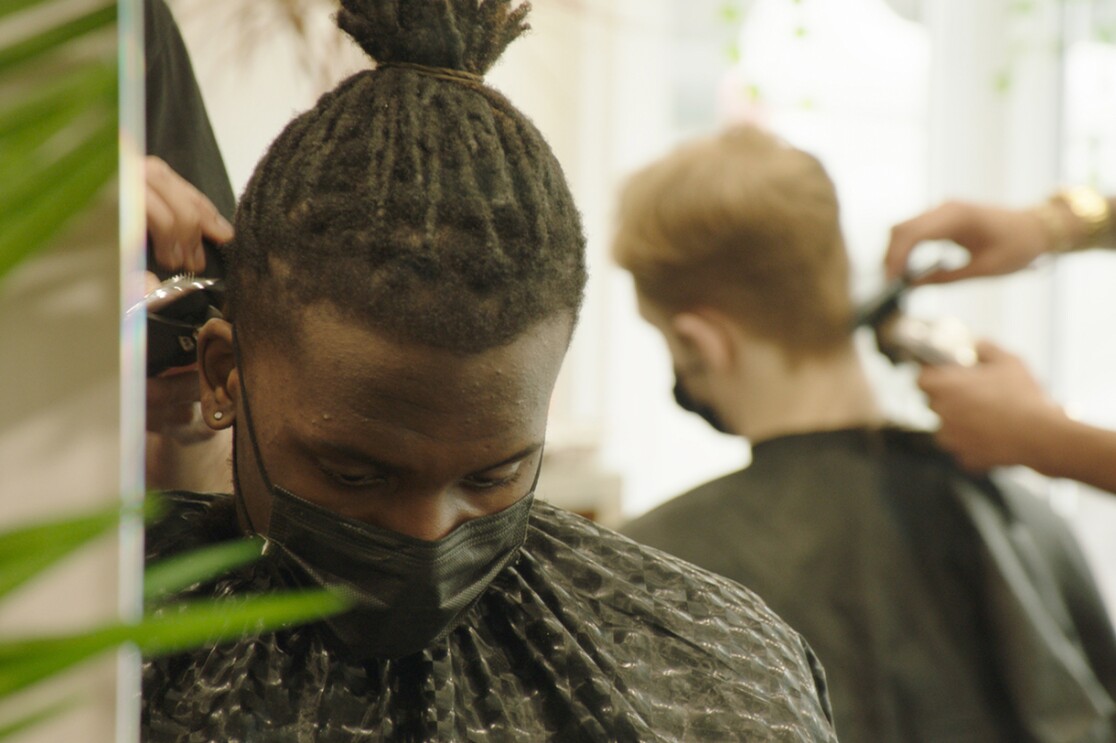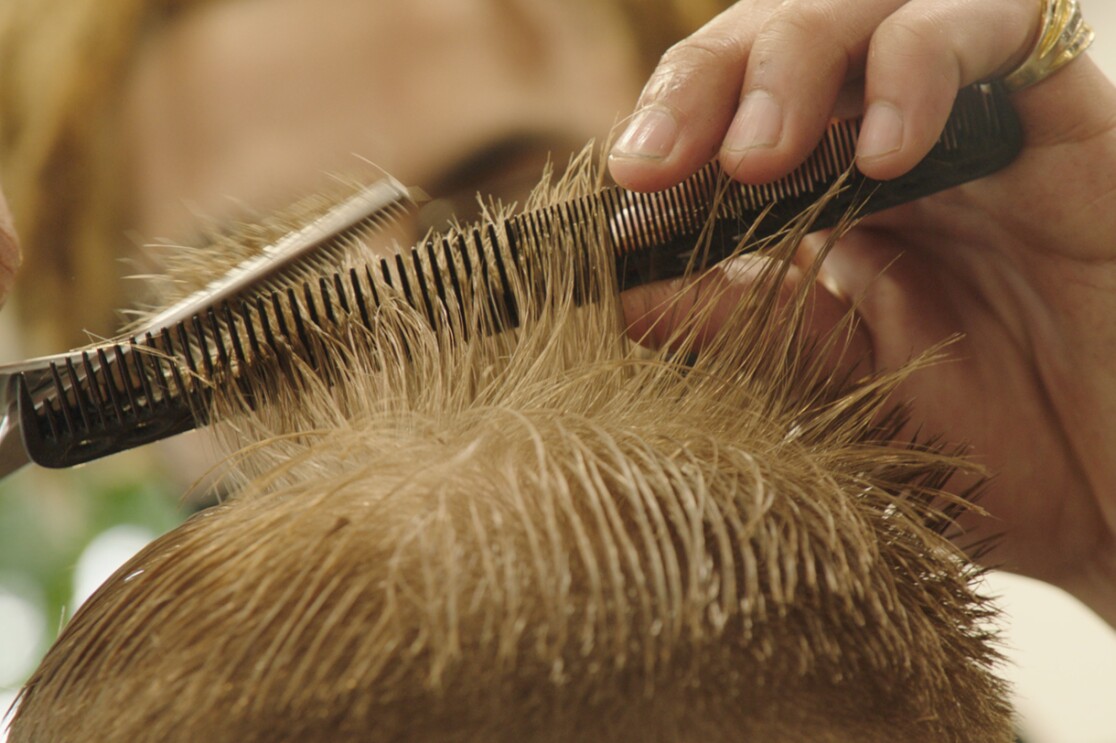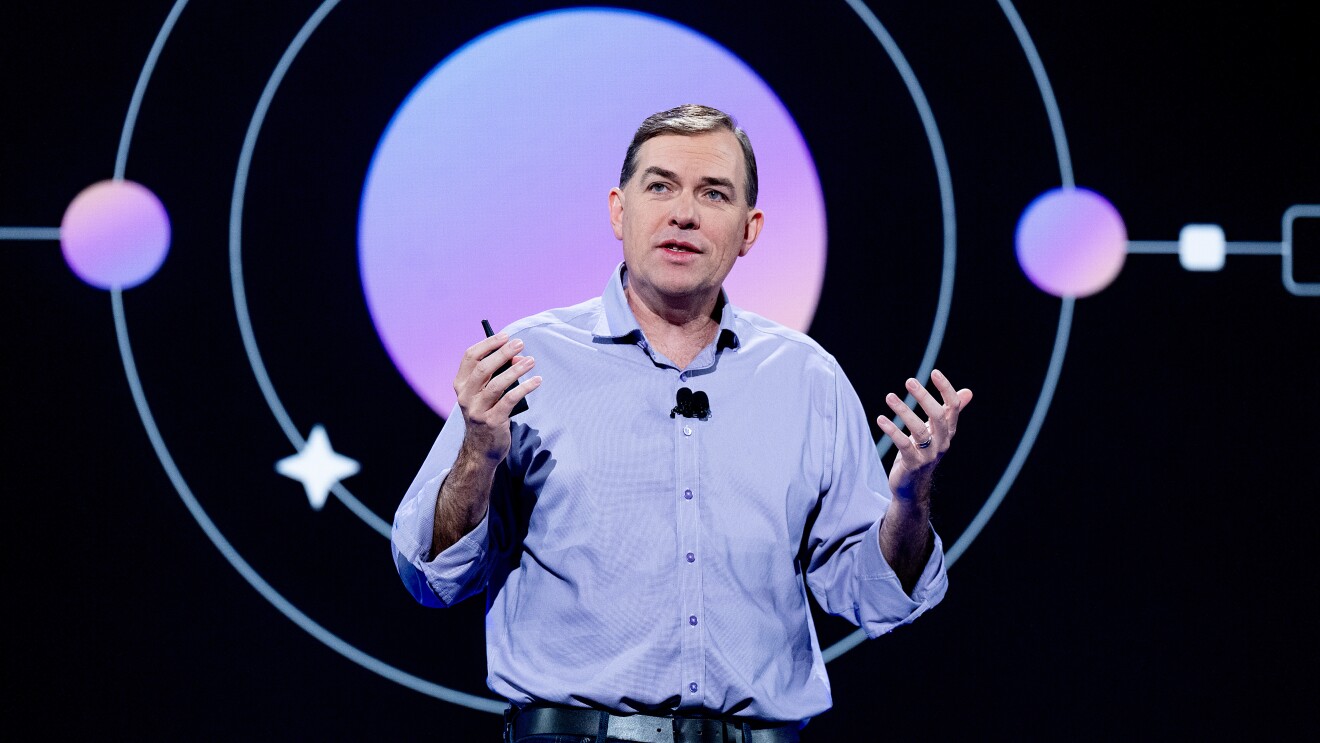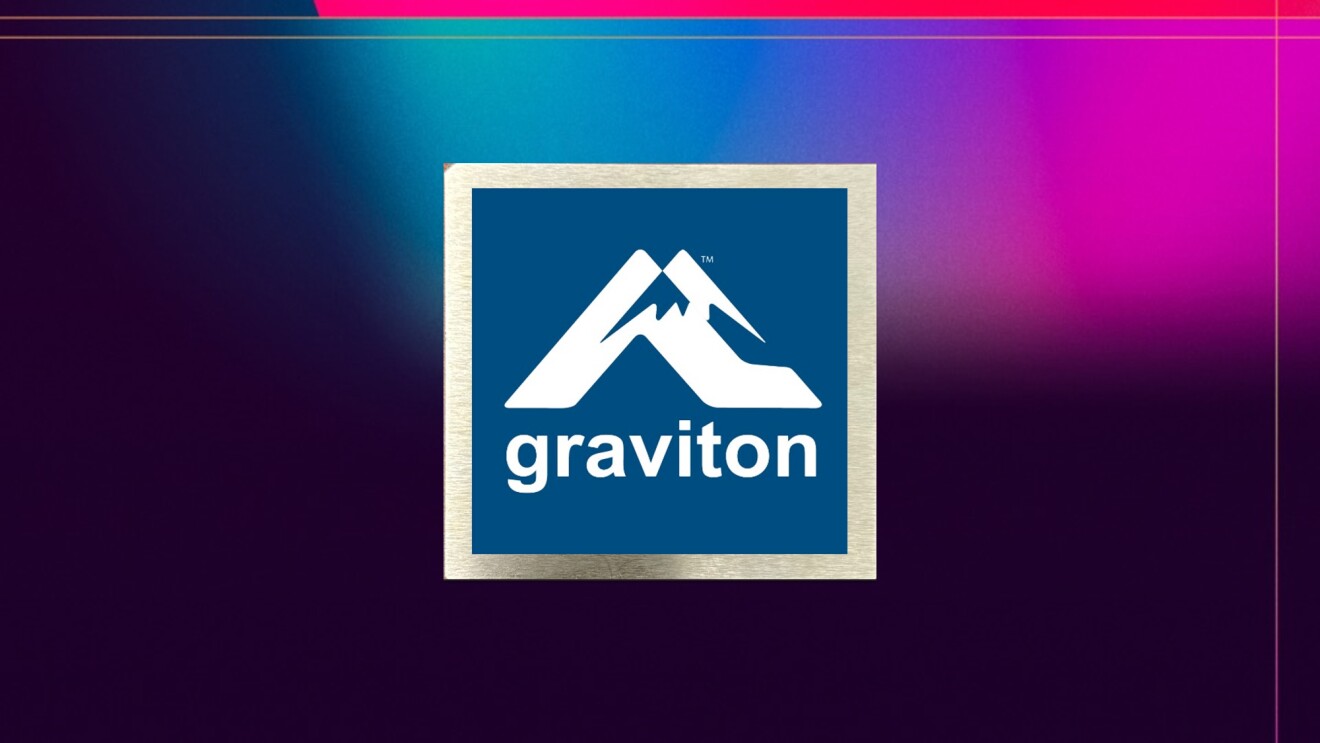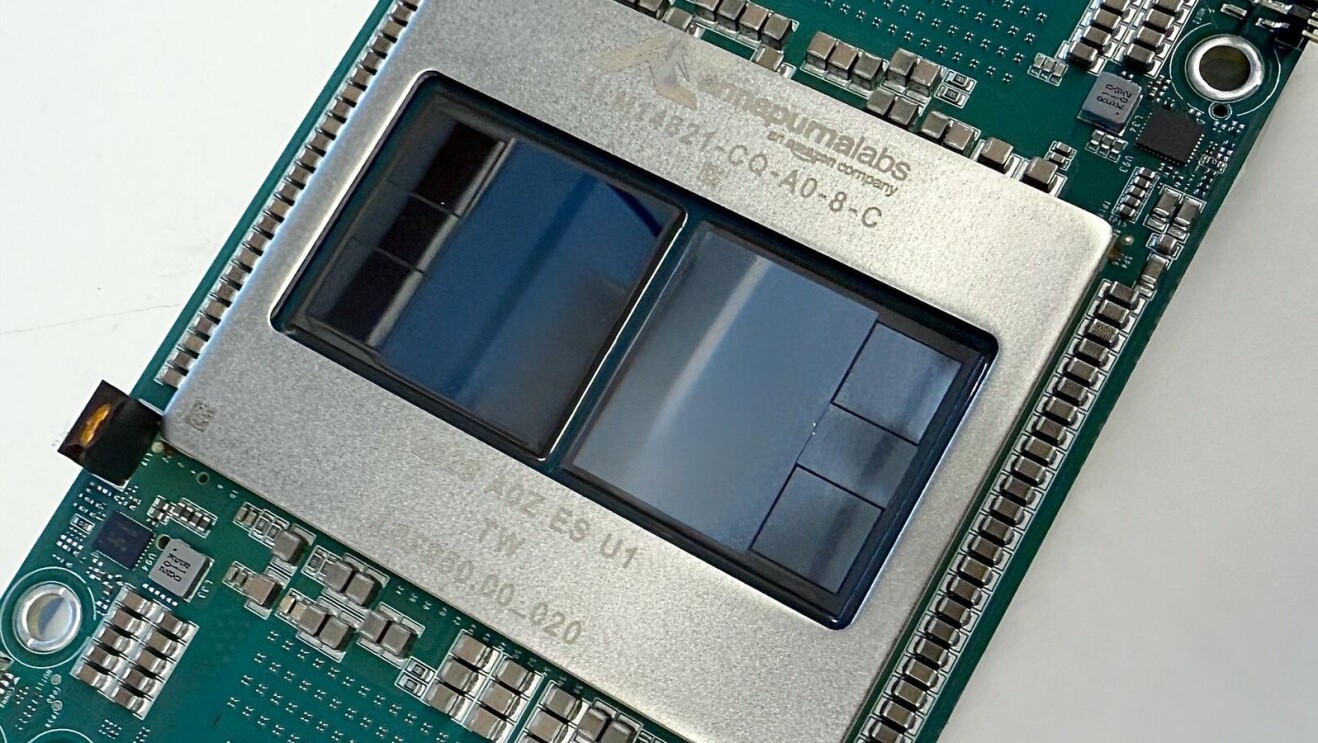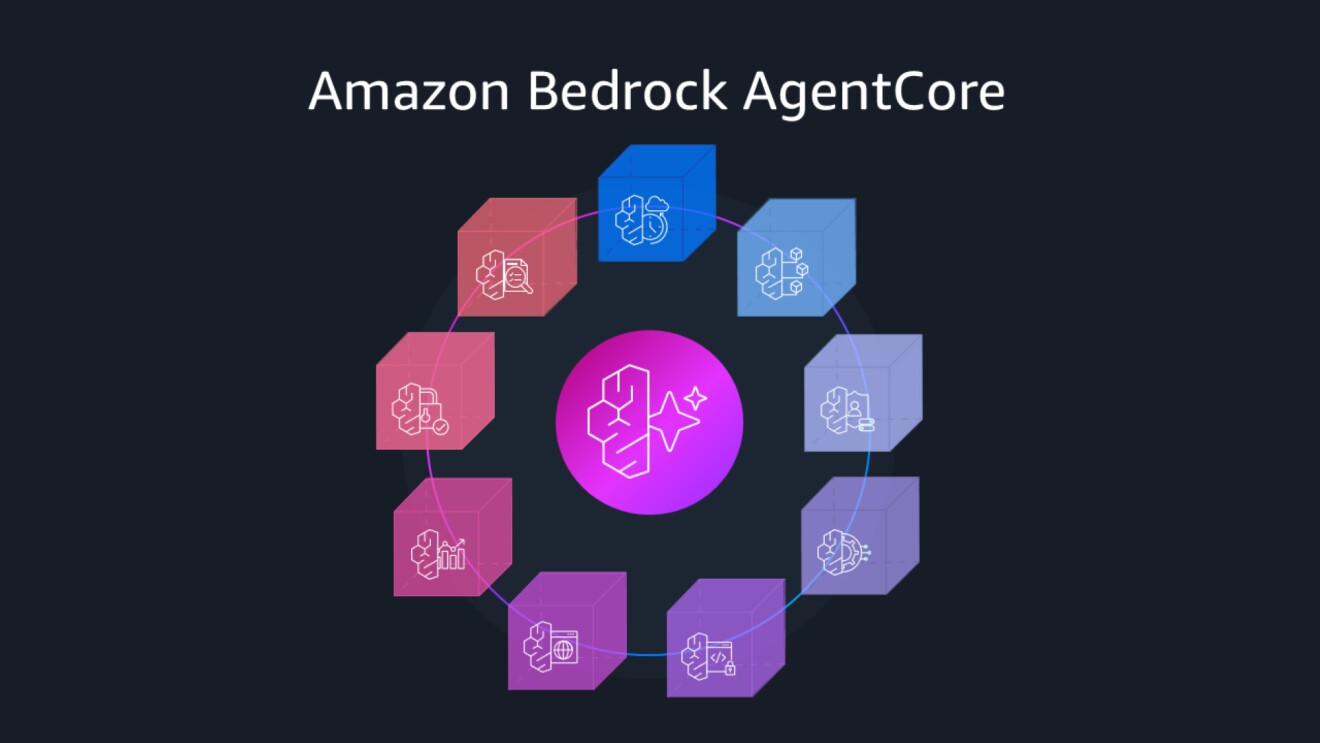TaylorTaylor was a traditional walk-in barbershop with no appointment system. That meant periods of quiet, followed by frenetic activity when many clients turned up at once. It also meant that in spite of having thousands of regulars, some of whom had been coming in for more than 20 years, the business had no client records and no way of directly communicating with them if anything changed.
And things were about to change, dramatically. Nick Taylor, who helps run the business founded by his great-grandfather in 1907, was looking into a business-management platform called Squire when COVID-19 lockdowns temporarily closed his family’s five barbershops in Sheffield, northern England, last year.
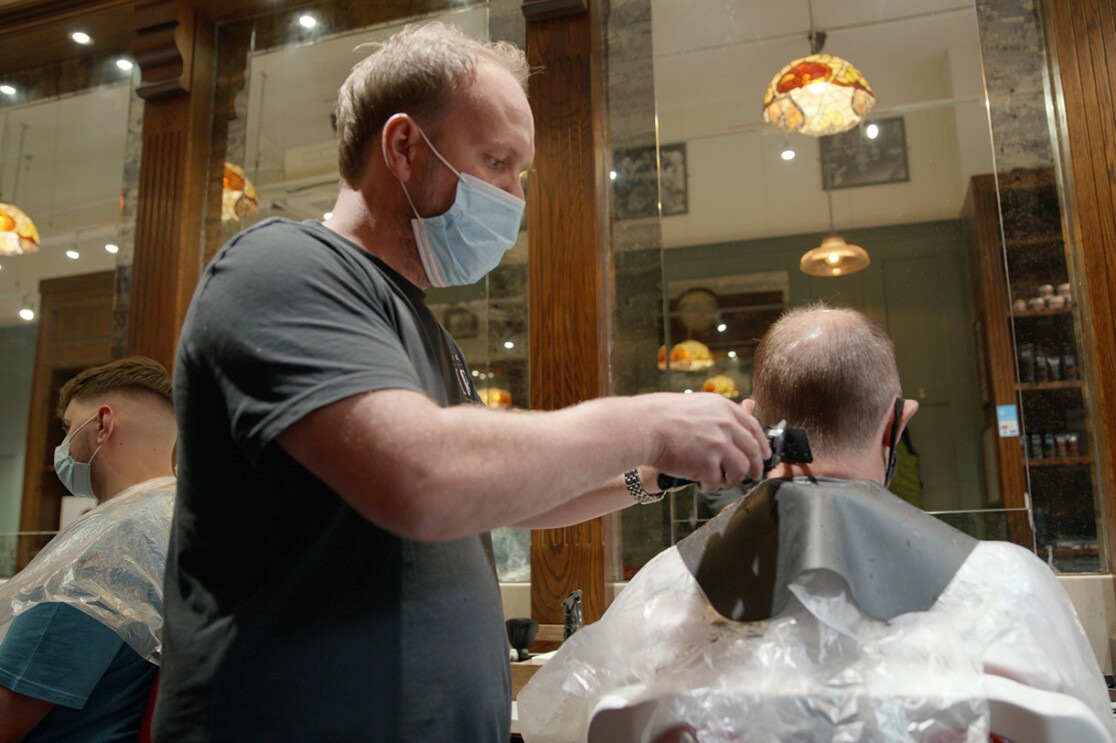 Nick Taylor runs the family barbershop business his great-grandfather set up in 1907.
Nick Taylor runs the family barbershop business his great-grandfather set up in 1907.With no client details on file, TaylorTaylor resorted to using its website, social media channels, and posters in the windows of its shops to let people know when they would reopen.
After this first lockdown lifted, the company moved to Squire, created by two young entrepreneurs in the U.S. to help independent barbershops grow their businesses.
“We were worried at first,” said Taylor. “Moving from walk-ins to appointments is probably the biggest change we've made in over a century. We couldn't see some of our older clients getting on board with the technology, but they completely proved us wrong. The vast majority of the feedback has been amazing. Most of them have been asking why we didn’t do it years ago.”
Squire co-founders Dave Salvant and Songe LaRon launched the business after the pair, then busy professionals in New York City, noticed how archaic the process was to get a haircut. They wanted to fix it.
“I really believe that barbershops are the lynchpin of the community,” Salvant said. “That's where guys go to talk. Some men need that because they have no other outlet. We want to empower that as much as we can. It all happens in the barbershop.”
Their hunch that barbering was ripe for modernization was correct. Now valued at close to $1 billion, Squire, built on Amazon Web Services (AWS), has thousands of customers in the U.S. and the UK. The platform provides barbershops with everything they need to manage the administrative side of their operations, and it rapidly rolled out a range of new features using AWS to help barbers navigate pandemic guidelines.
Squire has become, much like the small businesses it serves, the cornerstone of a thriving community. A community that over the course of a traumatic year became recognized by people on both sides of the Atlantic as not only a vital source of a much-needed haircut, but also confidence, conversation, and human connection.
01 / 03
“I think the pandemic has made a lot of people appreciate their barber much more,” said Taylor, who with his two brothers and two cousins runs TaylorTaylor.
“During the COVID-19 lockdowns, I’d see so many of my clients in our local supermarket, pointing at their hair and mouthing that they couldn’t wait to come and get it cut. Having your hair done makes you feel so much better. It sort of gives you a whole new personality,” he said.
Taylor, 44, has been a barber for 29 years, keeping alive a tradition begun by his great-grandfather, and continued by his grandfather and father. “The atmosphere was electric,” he said of his early days learning the trade. “The shop was always packed. All the chairs would be full, and we’d have a row of clients of different ages and backgrounds waiting in line. I would come down after school with my mates and practice on their hair while my dad gave me advice. I loved it. It was something I always wanted to do.”
“One of the most important things I learnt from my dad about being a good barber is how to talk to people,” Taylor added. “Whether you’re dealing with a student, an actor, a doctor, or someone who’s not as privileged as you. It’s about making them feel comfortable, enabling them to have the kind of conversation they want.”
Located in the heart of Sheffield, a city with more than half a million people and an international reputation for steelmaking, TaylorTaylor has become something of a local institution over the years. The business survived both World Wars, including the destruction of its first shop in heavy bombing during the Blitz in 1940.
"Our ability to change is what’s kept us going this long,” Taylor said. “We’ve always tried to improve things, without forgetting where we’ve come from. Our business is part of our family heritage.”
Taylor said introducing Squire seemed like an obvious choice.
“Each generation has built on what went before. We’re always looking to the future. When my dad came in and took over from his father, he was trying to change everything my granddad had been doing. I’m sure if my son or daughter takes over, they’ll do the same.”
In addition to providing barbershops with everything from a booking system to payroll and customer relationship management, Squire is also enabling a global network of barbers to collaborate and learn from each other.
“Squire has helped me a lot,” said 29-year-old Justin Carr, owner of That Feeling, a small barbershop in Potters Bar, just outside London, England.
 Justin Carr, owner of That Feeling, a barbershop in Potters Bar.
Justin Carr, owner of That Feeling, a barbershop in Potters Bar.“When I first started, I only had my phone to manage everything. It was difficult to keep up. I'm one person, and when I'm cutting hair I need to be as focused as possible on the client. If you didn’t have my mobile number, you weren’t getting a haircut.”
Like Taylor, Carr also wanted to be a barber from a young age. Describing himself as “a ‘90s baby, half-Jamaican, half-English,” he brings his distinct personal style to That Feeling. The barbershop has a retro arcade game room and sells a range of grooming products, vintage sunglasses (of which he wears a variety), branded clothing, original artwork, and more.
“Barbering was always a big part of my life,” he said. “I love the hustle. My dad would drop me off at the barber’s to get a haircut, then go and do some grocery shopping or whatever. He’d come back and expect me to be ready. But I wasn’t. I let other people go in front of me. I was too busy asking questions about being a barber. They’d all tell me: ‘It’s long hours, it’s hard work, don't do it!’”
Undeterred, by the age of 14, Carr was trimming friends’ hair in his mum’s kitchen. By 27, he had set up That Feeling, so named “because there is literally something about a barbershop that you can't find anywhere else.”
Counting well-known Premier League soccer players, athletes, and musicians among his regular clients, Carr is quick to point out that in the barbershop, they are treated the same as everyone else.
“They like it because they can come in and be normal and just chill,” he said. “No one’s trying to take photos or bother them. Everyone’s in there for the same reason—to get their hair cut.”
“People can talk to their barber about anything,” Carr added. “What music is popping right now, a series they’re watching, a holiday they’ve been on, something in the news, what happened at weekend, what’s going on at work, even their relationship. You become real friends. There are so many people I would never have met if it weren’t for barbering.”
Carr is part of a new wave of young barbers, adept at using social media to build their brands, who locate themselves and the art of hairdressing in a broader creative industry enabled by technology.
“Squire is bringing barbering into the future,” he said. “We can do things barbers before us couldn’t because they didn't have the right tools. We’re able to elevate ourselves.”
“I’ve picked up things from different barbers who are at the top of their game. Not only about the art of barbering, but also running a successful business. Someone might have 10 salons, and you’re like, ‘Whoa, how'd they do that?’ I’m gaining knowledge I can take back to my own team, so we’re able to grow together.”
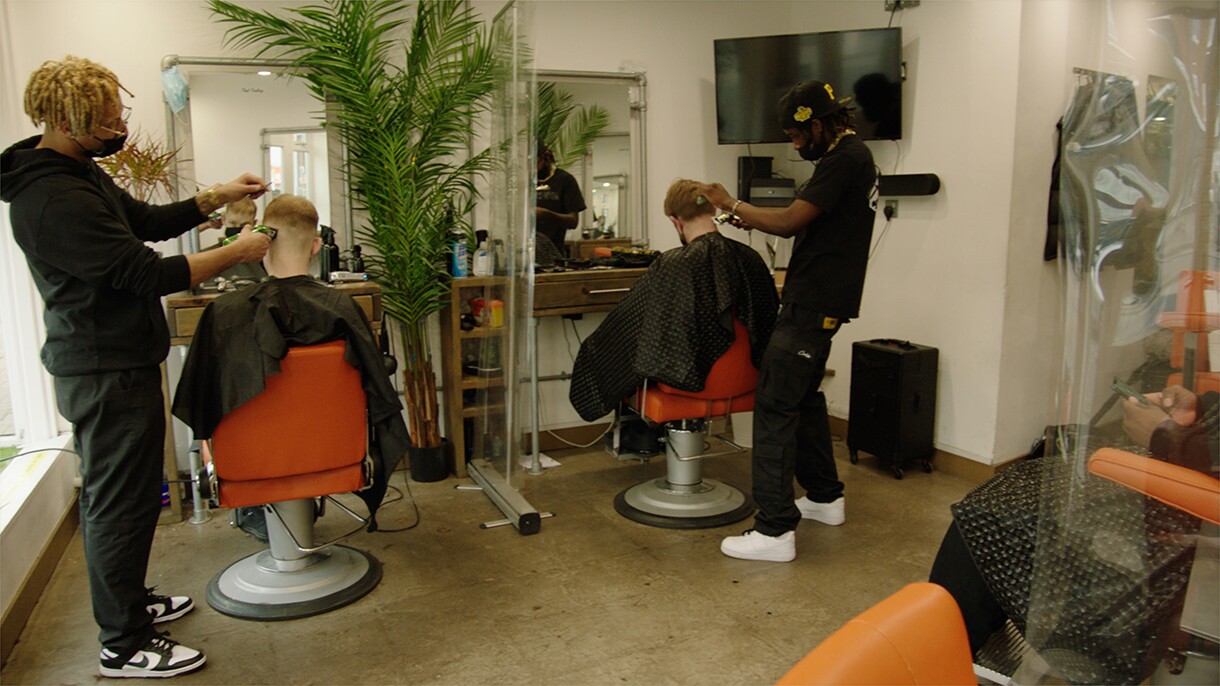
While for the most part, the success of Squire in the U.S. and the UK underscores the familial atmosphere and many other commonalities between barbershops in both countries, it does highlight one fundamental divide: attitudes to tipping.
In the U.S., tipping is an expected part of life when paying for services. In the UK, it’s not. Many clients in the UK actually want to leave a tip, but, in stereotypically British fashion, often don’t, as they feel too awkward to mention it.
Thanks to Squire, which offers a payment function allowing people to tip whenever they choose, a cultural shift is taking place in the country’s barbershops, with businesses like TaylorTaylor and That Feeling reporting an uptick in tips since they moved to the platform.
It’s one of the many ways the technology is helping barbers forge stronger connections with their client base and improve their financial situation.
This is something Salvant and LaRon feel passionate about. The entrepreneurs partnered with major banks to help facilitate COVID-19 relief packages and loans for their Squire customers, as well as waived subscription fees.
“If you’re a small business owner, you’re taking a risk. You need tools and products to help you,” said Salvant. “Customers tell me things like they’ve saved enough money to open a second or third location. Or they can now spend more time with their family, go to their son's basketball game, send their daughter to college. It’s what motivated us to set up this company. It’s why we’re here today.”
The pandemic has been incredibly challenging for Taylor and Carr, and most of Squire’s customers. But they are emerging from the experience even more certain of the value they bring to their communities, and the power of their own entrepreneurial spirit.
“There's no point in sugar coating it. We've been hit hard,” said Taylor. “But we will survive because we’re strong, we're stable, and we know what we're doing. Our business is part of our heritage. We've been here for more than 100 years, and we're going to be here a lot longer.”
As Carr put it: “People come here to feel good. When we make that happen, we feel good as well. It’s a great experience, and we’re just going to keep pushing that out.”

